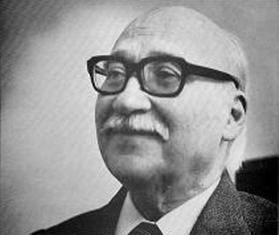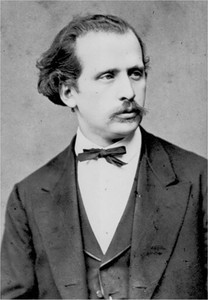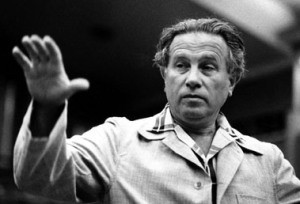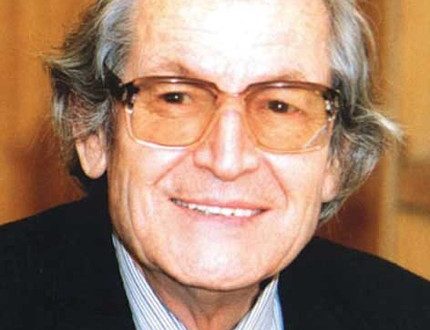
Carlo Zecchi |
Carlo Zecchi

The creative biography of Carlo Zecchi is unusual. In the twenties, a young pianist, a student of F. Bayardi, F. Busoni and A. Schnabel, like a meteor, swept across the concert stages of the whole world, captivating listeners with brilliant skill, phenomenal virtuosity and musical charm. But Zekka’s pianistic career lasted a little more than ten years, and in 1938 it mysteriously ended, having barely reached its peak.
For almost three years, Zecca’s name did not appear on posters. But he did not leave music, he again became a student and took conducting lessons from G. Munch and A. Guarneri. And in 1941, Zecchi the conductor appeared before music lovers instead of Zecchi the pianist. And after a few more years, he won no less fame in this new role. This is explained by the fact that Zecchi the conductor retained the best features of Zecchi the pianist: hot temperament, grace, lightness and brilliance of technique, colorfulness and subtlety in the transfer of the sound palette, and the plastic expressiveness of the cantilena. Over the years, these traits were supplemented by increasing conductor experience and artistic maturity, which made Zecca’s art even deeper and more humane. These virtues are especially evident in the interpretation of Italian music of the Baroque era (represented in his programs by the names of Corelli, Geminiani, Vivaldi), composers of the XNUMXth century – Rossini, Verdi (whose opera overtures are among the artist’s favorite miniatures) and contemporary authors – V. Mortari, I. Pizzetti, D. F. Malipiero and others. But along with this, Zecchi is especially willing to include in his repertoire and brilliantly performs the Viennese classics, especially Mozart, whose music is so close to the artist’s bright, optimistic worldview.
All of Zecca’s activities in the post-war years took place before the eyes of the Soviet public. Arriving in the USSR in 1949 after a twenty-year break, Tsekki has been regularly touring our country ever since. Here are some reviews of Soviet reviewers characterizing the appearance of the artist.
“Carlo Zecchi showed himself to be an outstanding conductor – with a clear and precise gesture, impeccable rhythm and, most importantly, a soulful performing style. He brought with him the charm of the musical culture of Italy” (I. Martynov). “Zekka’s art is bright, life-loving and deeply national. He is in the full sense of the word a son of Italy” (G. Yudin). “Zekki is a great subtle musician, distinguished by a hot temperament and at the same time a strict logic of every gesture. The orchestra under his direction does not just play – it seems to sing, and at the same time each part sounds expressively, not a single voice is lost ”(N. Rogachev). “The ability of Zecchi as a pianist to convey his idea to the audience with great persuasiveness was not only preserved, but also increased in Zecchi as a conductor. His creative image is distinguished by mental health, a bright, whole worldview ”(N. Anosov).
Zecchi does not work constantly in any orchestra. He leads a large touring activity and teaches piano at the Roman Academy “Santa Cecilia”, of which he has been a professor for many years. Occasionally, the artist also performs in chamber ensembles as a pianist, mainly with the cellist E. Mainardi. Soviet listeners remembered the sonata evenings in which he performed together with D. Shafran in 1961.
L. Grigoriev, J. Platek, 1969




